Style Points is a weekly column about how fashion intersects with the wider world.
Lisa Birnbach has seen this all before.
The author of The Official Preppy Handbook, which went old-world viral in 1980, is peering out from her proverbial Lacoste visor at yet another preppy revival. Whether it’s Emma Chamberlain going full dark academia at Paris Fashion Week, Zendaya mixing tenniscore and 2000s prep in the upcoming Luca Guadagnino film Challengers, or boat shoes, of all things, popping up at Miu Miu, there’s no doubt that the aesthetic has made its umpteenth comeback.
But what does preppy style signify now? And how did an aesthetic that once felt niche and exclusionary take over the world?
First of all, “it’s much more exciting than it was in 1980,” Birnbach says of today’s preppy universe. “The audience keeps getting more fashionable, and younger.” And the style is far more legible, as well. When she first published the book, she says, “I had to begin every single interview, whether it was print or TV or radio, with ‘Lisa, what is a preppy?’” as though she were explicating a new species to a zoology class.
Prep 1.0 “was private, it was quiet, and those were different times. Without the digital space, there was no oversharing. Privacy was understood, and it was a currency.” Now, “I have kids who are in their 20s and 30s, and they would no sooner not share an experience. You do something, you share it, you put it online. So imagine not having that ability and also valuing discretion, which is what the preppy community was like.”
It was also hard to access. In the early ’80s, if you were wearing these clothes, you either ordered them through the mail, or you physically went somewhere and brought them back, whether it was Bermuda or Darien, Connecticut. The fit, too, was less precise. The garments “were baggy and rumpled, and they were not meant to look trendy.”
By the time Birnbach’s 2010 follow-up True Prep rolled around, “there were so many new brands, I felt like a godmother in a way. Everything fit well, everything was in bright colors instead of the four: camel, red, navy, gray, and white.” By then, major designers like Tory Burch and Thom Browne were putting their own spin on the aesthetic, one that had wide-ranging ripple effects. (Thanks to Browne’s influence, Birnbach says, “I haven’t seen a picture of a groom at a wedding wearing socks in five years.”)
Now, the style has become a global lingua franca, “a default way of dressing for people all over the world.” When Birnbach embarked on an international tour for True Prep, she found preppies of all stripes, from Japan to France. This season, that global aspect was particularly evident, as the style was filtered through Miuccia Prada’s Italian tailoring lens, Dries Van Noten’s eccentric Belgian eye, and Maison Kitsuné’s Japanese-French sensibility.
One aspect of the current prep movement, with its high-end takes on polo shirts and boat shoes, feels at odds with the original ethos. “Preppies are frugal,” Birnbach points out. “We’re getting used to a plate of spaghetti costing $35 in a restaurant. Spaghetti and tomato sauce! That’s extortion. A $1,000 white cotton shirt is also, in my opinion, the other side of preppy. It’s just too much.”
Price tags aside, people tend to opt for safety in times of uncertainty. And for anything that confers status, à la the quiet luxury and stealth wealth trends, Birnbach calls preppy fashion “comfort food.” She mentions the emotional toll of the pandemic, and adds, “I think we’re still at the beginning of that. We’re not sure it’s over. And to be honest, things are emotionally worse right now as we’re on a wobble board waiting to see if our democracy will survive the election. I’m speaking of Americans, but the whole world is in flux. And I do think throwing on a cardigan or the oldest pair of corduroys that you own,” is the sartorial equivalent of putting down an anchor. “It’s about finding something solid and familiar.”
For many who are now hopping onboard the trend, she believes, it’s “not about fashion. It’s just about wearing something that endures. And for others, it’s this minute, right now, and then they’ll wear [the clothes], take good care of them and sell them on The RealReal in eight months.”
Regardless of which camp you’re in, rituals and rules (yes, even in the form of office clothing) are feeling more sacred. Frustrated by vague directions to “find your personal style,” people are now looking to be told how to dress, crave style guidelines, and are nostalgic for the traditional uniforms of another time. “I heard myself say to somebody the other day, ‘I want to get dressed. I want to put on a dress and heels and go to dinner.’ Now, that rarely happens,” Birnbach says. “No matter how much you pay for a plate of spaghetti.”
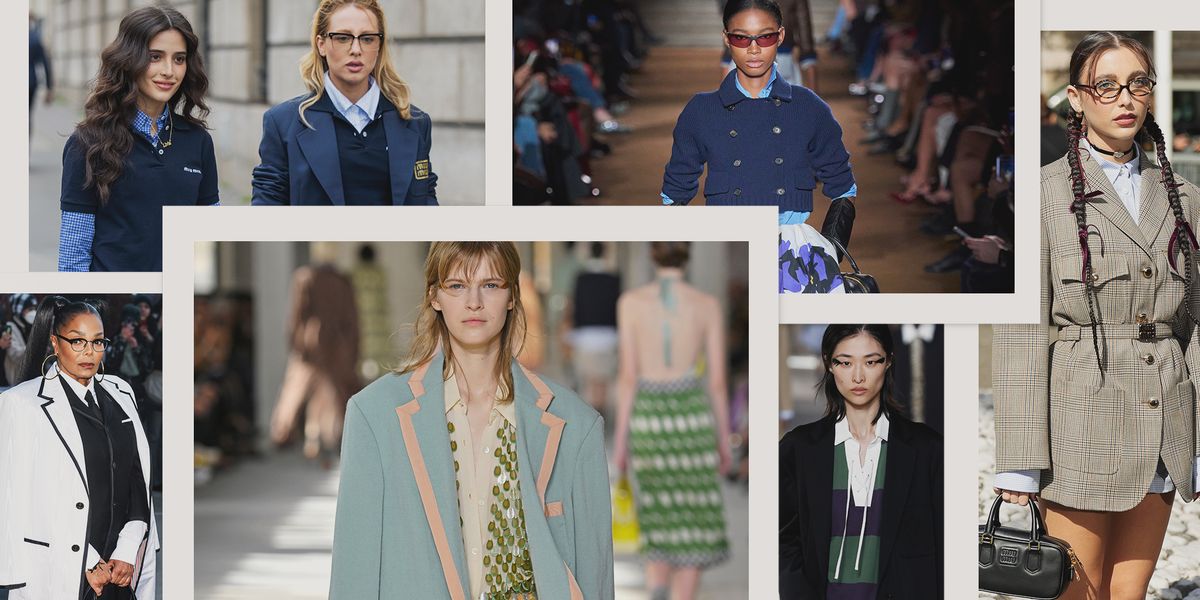

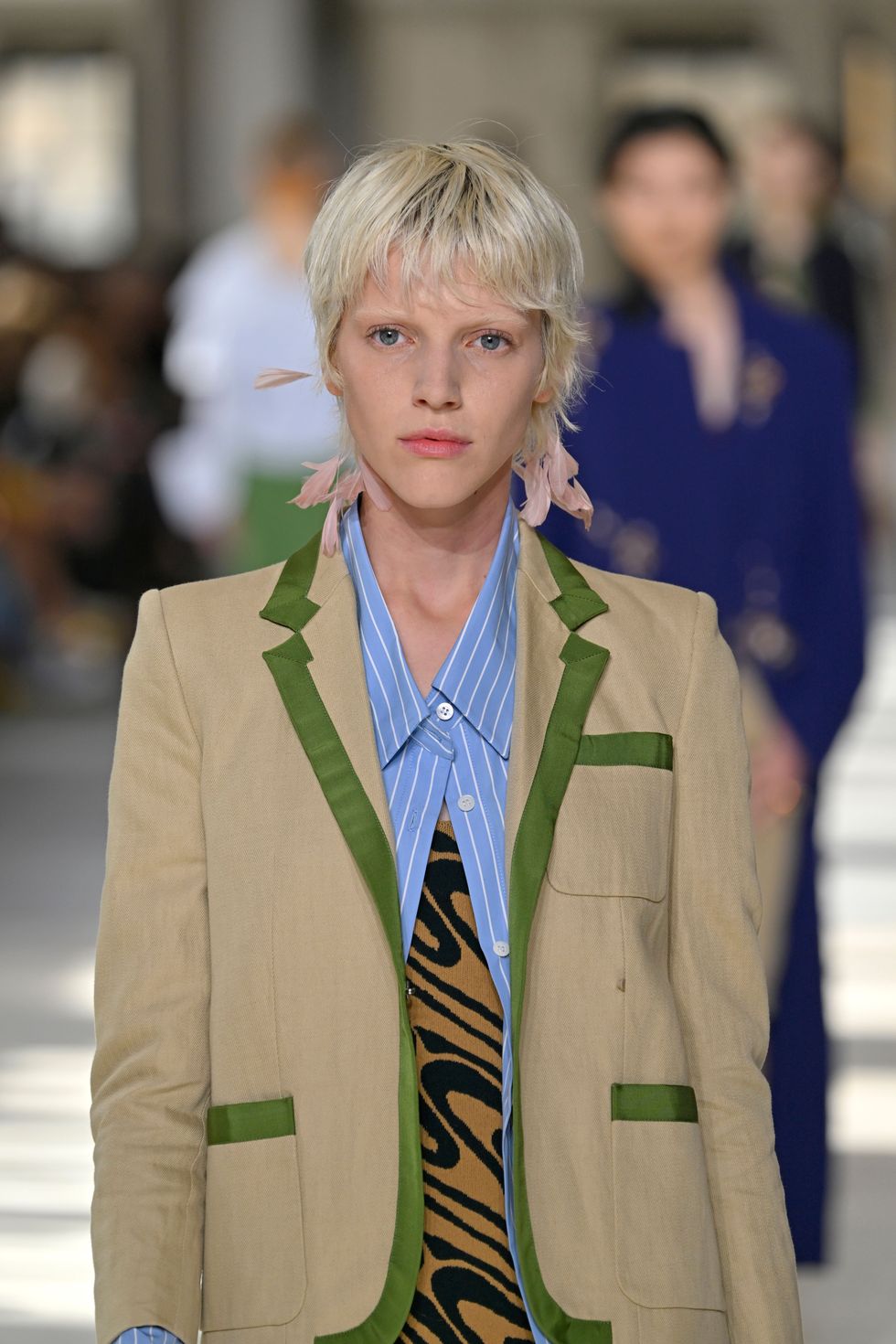
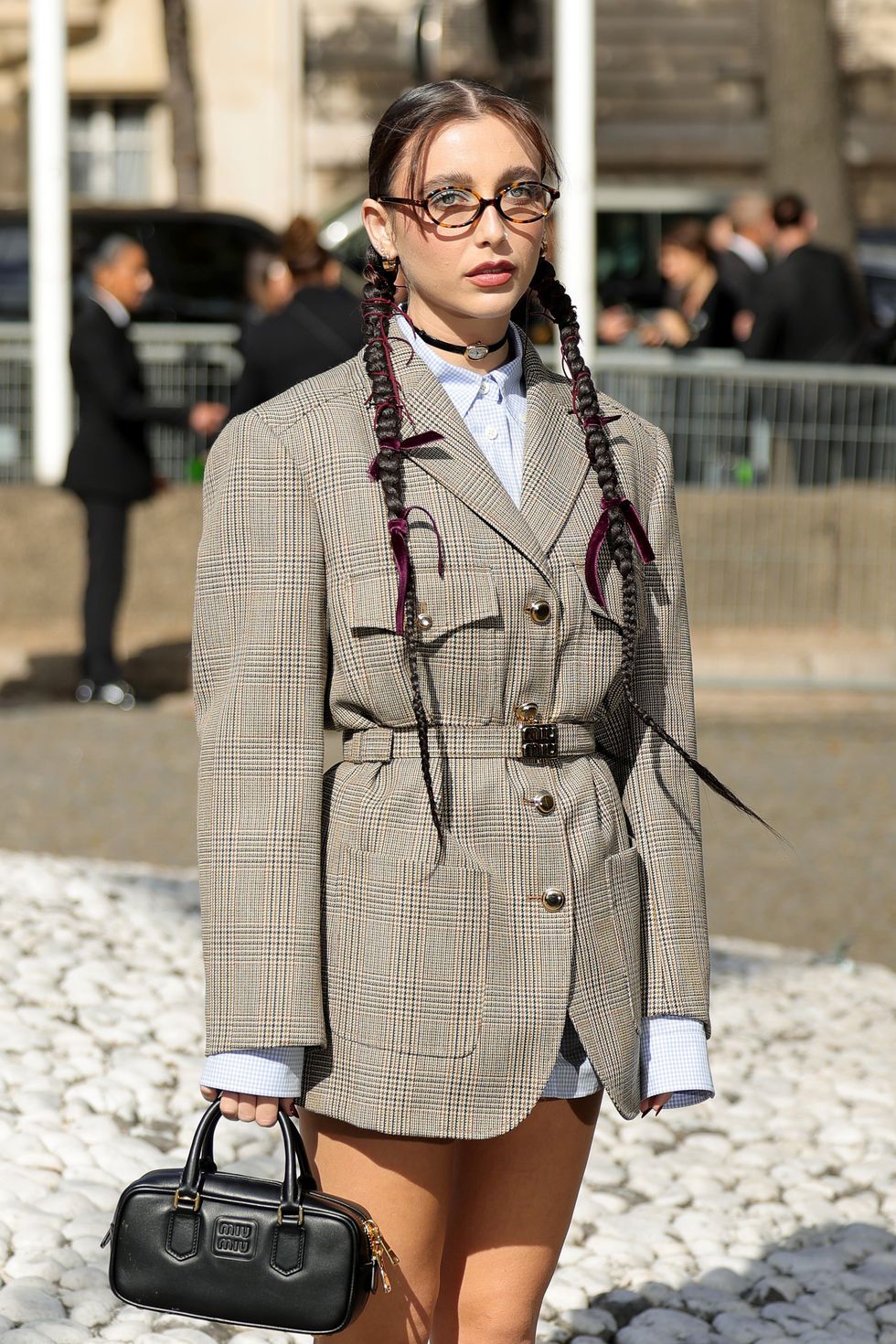
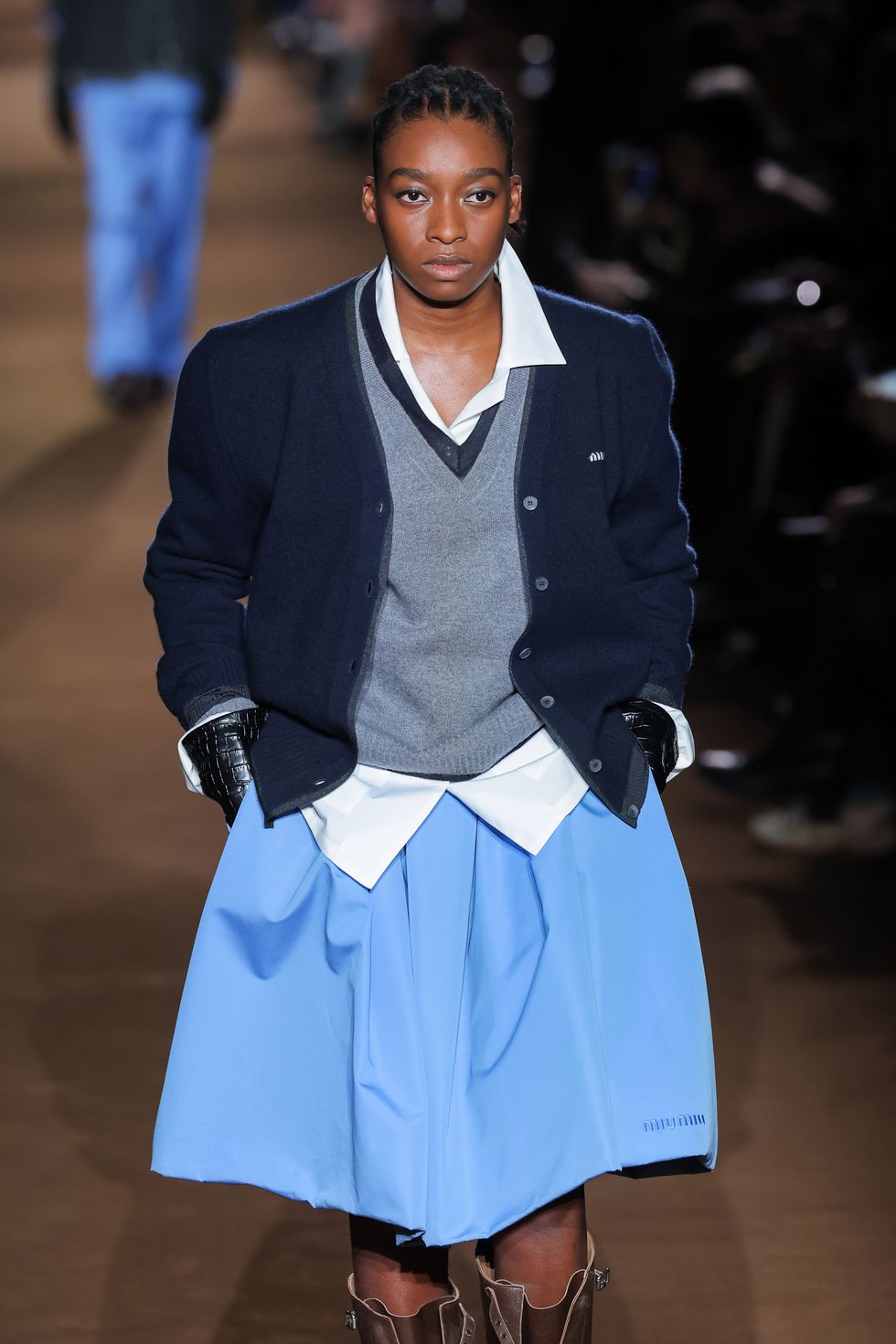
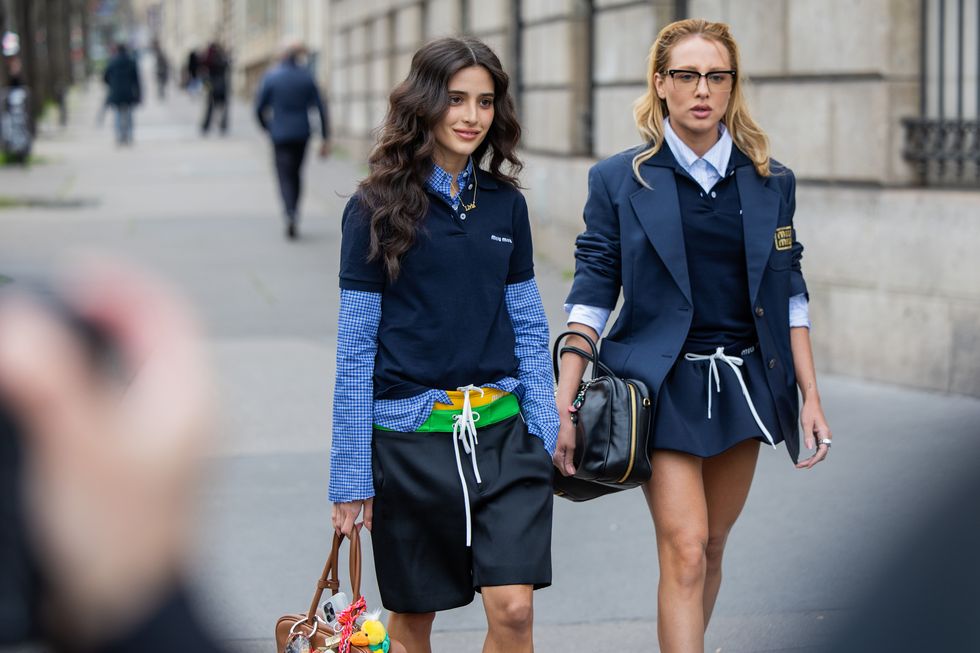
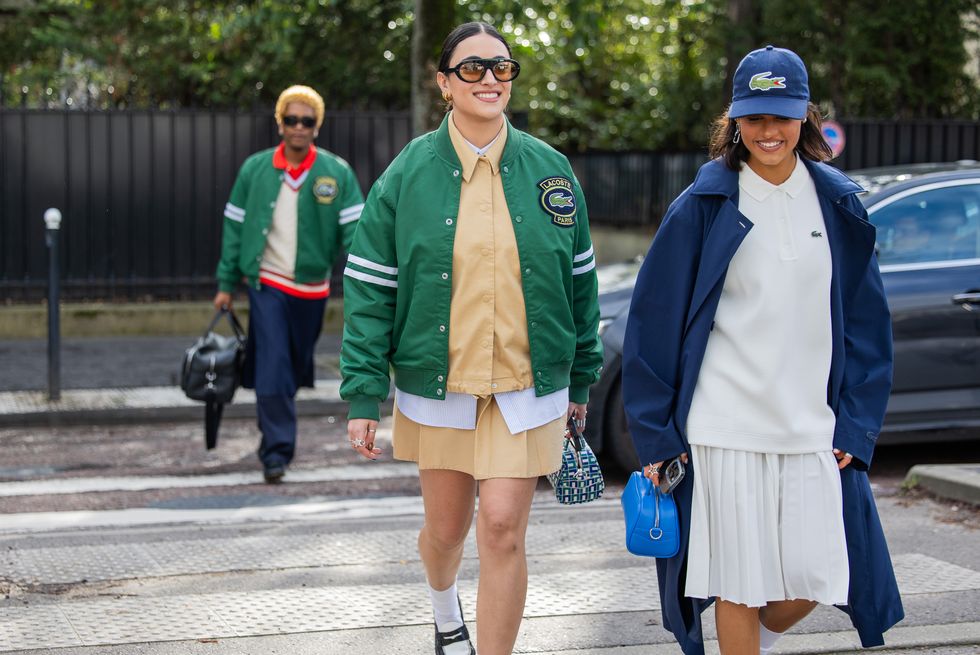
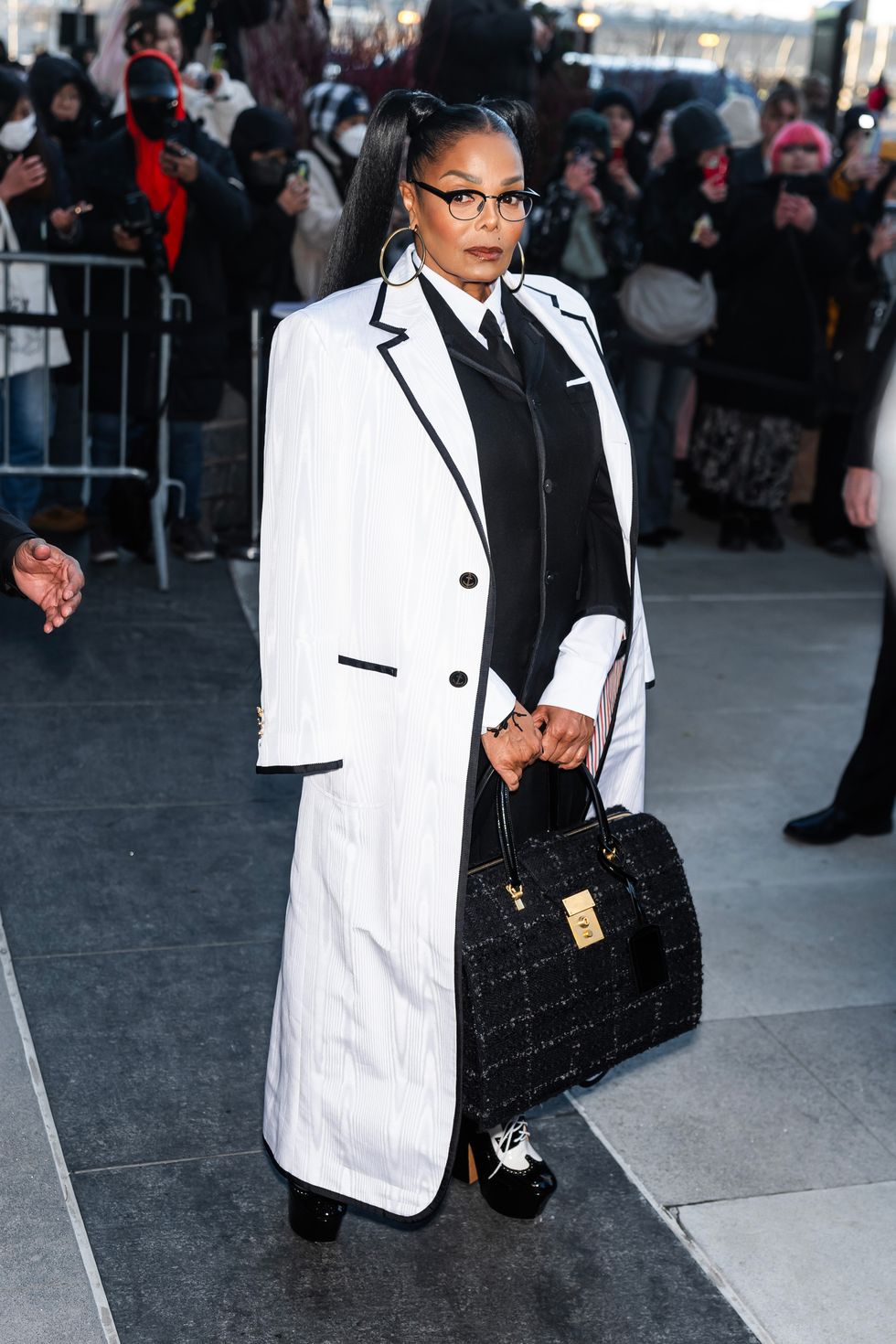
I really liked this entry blog_title ! I read your blog fairly often and you’re always coming out with some great stuff. I shared this on my FB, IG and my audience enjoyed it ! Keep up the excellent work 🙂 !